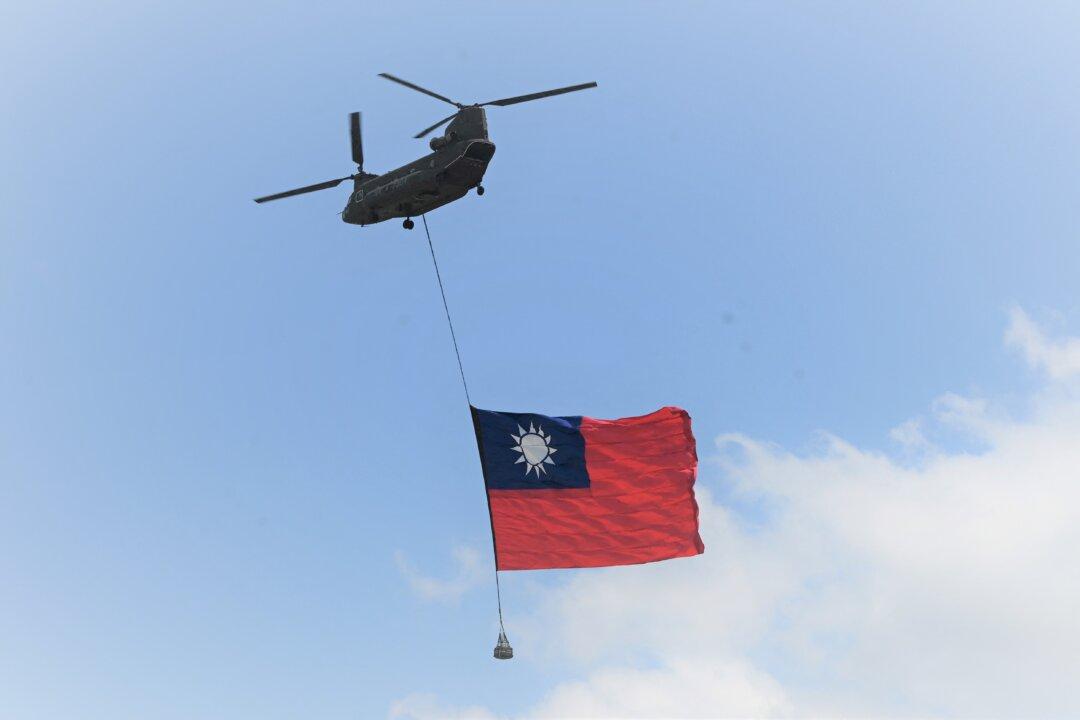Washington reassured Taipei that its stance on the island has not changed, one day after President Joe Biden revealed that China had agreed to abide by the “Taiwan agreement,” the Taiwanese Foreign Ministry said on Oct. 6.
The ministry’s spokeswoman Joanne Ou said on Wednesday that the ministry had reached out to the United States and it will continue to assist Taiwan in maintaining adequate self-defense capabilities.




